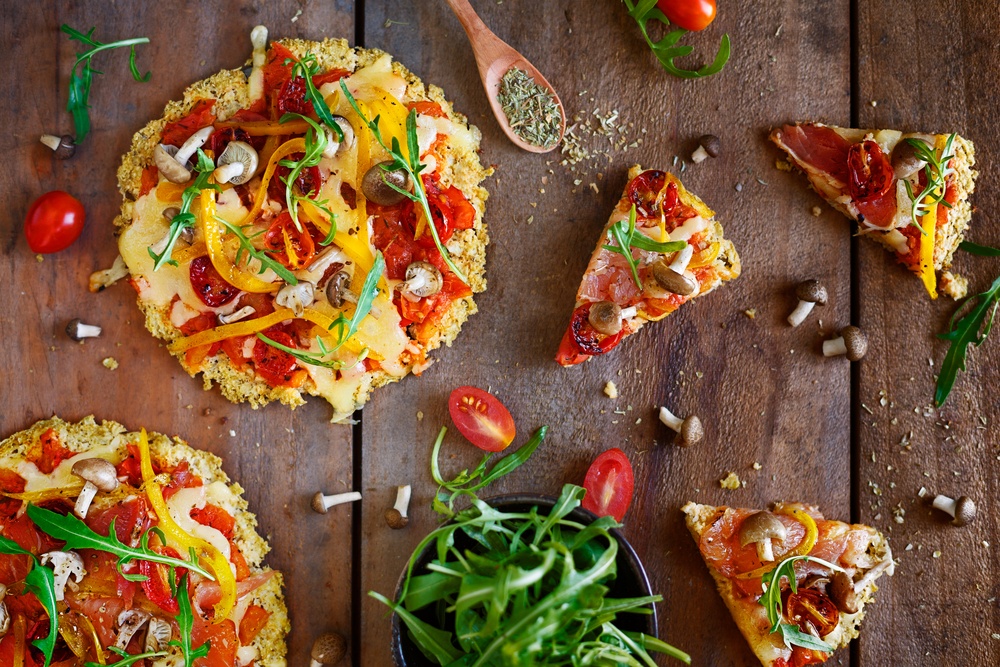Celiac Disease: How To Manage A Gluten-Free Life
 Contributed by
Su Lee Chong
May 31, 2016
Contributed by
Su Lee Chong
May 31, 2016


Celiac disease is a condition whereby the body reacts to gluten and causes damage to the lining of the small intestine. This affects the absorption of nutrients in the body and leads to malnutrition.
Celiac disease is more prevalent in European women; it is not an allergy to food but an autoimmune disease. People with celiac disease have a higher risk of other autoimmune diseases, such as rheumatoid arthritis and systemic lupus. Other risks include intestinal cancer, lactose intolerance and thyroid disease. Symptoms of celiac disease include abdominal pain, bloating, indigestion, constipation, diarrhea, nausea and vomiting plus loss of appetite and unexplained weight loss.
Gluten is a type of protein found in certain grains, such as wheat, barley, oat and rye. The way to manage this disease is to avoid gluten exposure completely and let the body’s intestine slowly heal by itself.
If you are diagnosed with celiac disease, you need to create new lifestyle habits that limit your exposure to gluten. Here are some ways you can consider:
1. Diet
Take gluten out of your diet. Fruits and vegetables, beef, chicken, fish and pork are free of gluten. Grains that are gluten-free are rice, corn, soy, quinoa, millet, buckwheat, potato, sorghum and amaranth.
Learn to read food labels carefully. Ingredients to avoid include barley, rye, triticale, wheat, malt vinegar, and malt sugar. Bear in mind that wheat-free does not mean gluten-free. The US FDA approve the label of “gluten-free” if it contain 20 ppm of gluten.
2. Cross-Contamination
Even a small amount of gluten from cross-contamination of food preparation can cause an autoimmune reaction. So, be careful of cross-contamination from cooking utensils and equipment, such as chopping boards, toasters, or sieves. Separate gluten-free food from food containing gluten in your cupboards and fridge.
Cross-contamination can also happen in the bathroom. Shampoo, soap, toothpaste, lipsticks and makeup may contain hidden ingredients with gluten and can get into your mouth. Many toiletries will not label “gluten-free”, so you really need to read the ingredients carefully.
3. Dining Out
This is the biggest challenge to staying gluten-free, as you need to research and make a list of restaurants that serve gluten-free cuisine. Make sure all ingredients in your food are free of gluten. You may have to talk to the chef to understand what ingredients are used and what safety precautions are used to avoid gluten cross-contamination.
4. Be Firm And Say No
If food offered to you doesn’t taste, smell or feel right to you, you should be firm about saying “No, thank you”. Your priority is to take care of your body and is not about being nice. It is better to be picky about your food than to be sick in the bathroom or, even worse, in the hospital emergency room.
5. Be Prepared
Be prepared and plan ahead. Have gluten-free snacks easily available in your car, office and handbag, as you may not know when your next gluten-free meal will be available. The last thing you want to do is to settle for something unknown just because you are too hungry.
Living with celiac disease requires a change in lifestyle that takes effort and planning, but you can reap the rewards of a healthy body to enjoy life to its fullest.
Visit Look Good Feel Great Always to find out more about Su Lee’s work.
This post was first published on Look Good Feel Great Always blog and has been reposted on Executive Lifestyle with the permission of the author.
Edited by Nedda Chaplin
Image credit: pizza from Shutterstock
Did you enjoy this post? Please comment, like and share!










Sorry, the comment form is closed at this time.